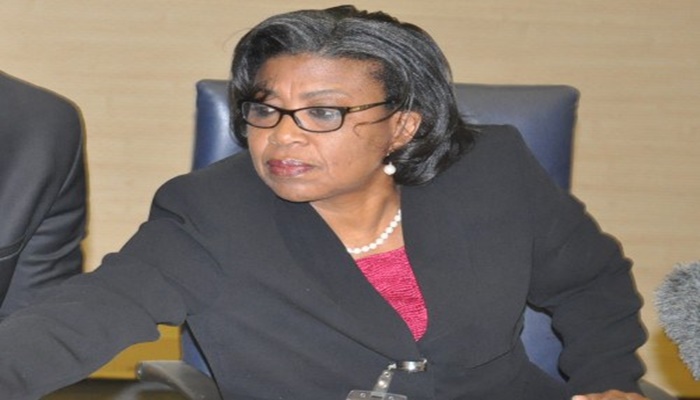
The Debt Management Office (DMO) has explained Federal Government’s borrowing from China amid various comments in recent times about borrowings by developing countries from the country.
A statement by the Director-General of DMO, Patience Oniha, said the comments seemed to have become heightened following the recent summit of the forum on China-Africa Co-operation and claims of potential seizure of national assets by Chinese lenders in some African countries even though the claims have not been validated.
According to her: “Firstly, it should be noted that based on need, and subject to the receipt of requisite approvals, the government may raise capital from several domestic and external sources to finance capital projects to promote economic growth and development, as well as job creation.”
Oniha stated that one of the reasons why Nigeria would raise capital from multilateral and bilateral sources is because they are concessional, which means that they are cheaper in terms of costs, and more convenient to service because they are usually of long tenors with grace periods.
“Loans from concessional lenders have limits in terms of the amounts that they can provide to each country.
This makes it necessary for Nigeria to have several sources for accessing concessional capital to increase the total amount available and also, to avoid undue dependence on only a few sources of concessional funds,” she posited in the statement.
The DMO boss insisted that borrowing from China should not be seen from a negative perspective as they are being used to finance Nigeria’s infrastructural development at concessional terms.
Meanwhile, Minister of Transportation, Rotimi Amaechi, has disclosed plans by the Federal Government to get $6 billion loan for the construction of Ibadan-Kano rail line
Amaechi, who disclosed this during an interactive session with journalists in Abuja on Tuesday said the Chinese bank was providing the loan for the construction of the single line track instead of the needed $8 billion for the construction of double line track.






